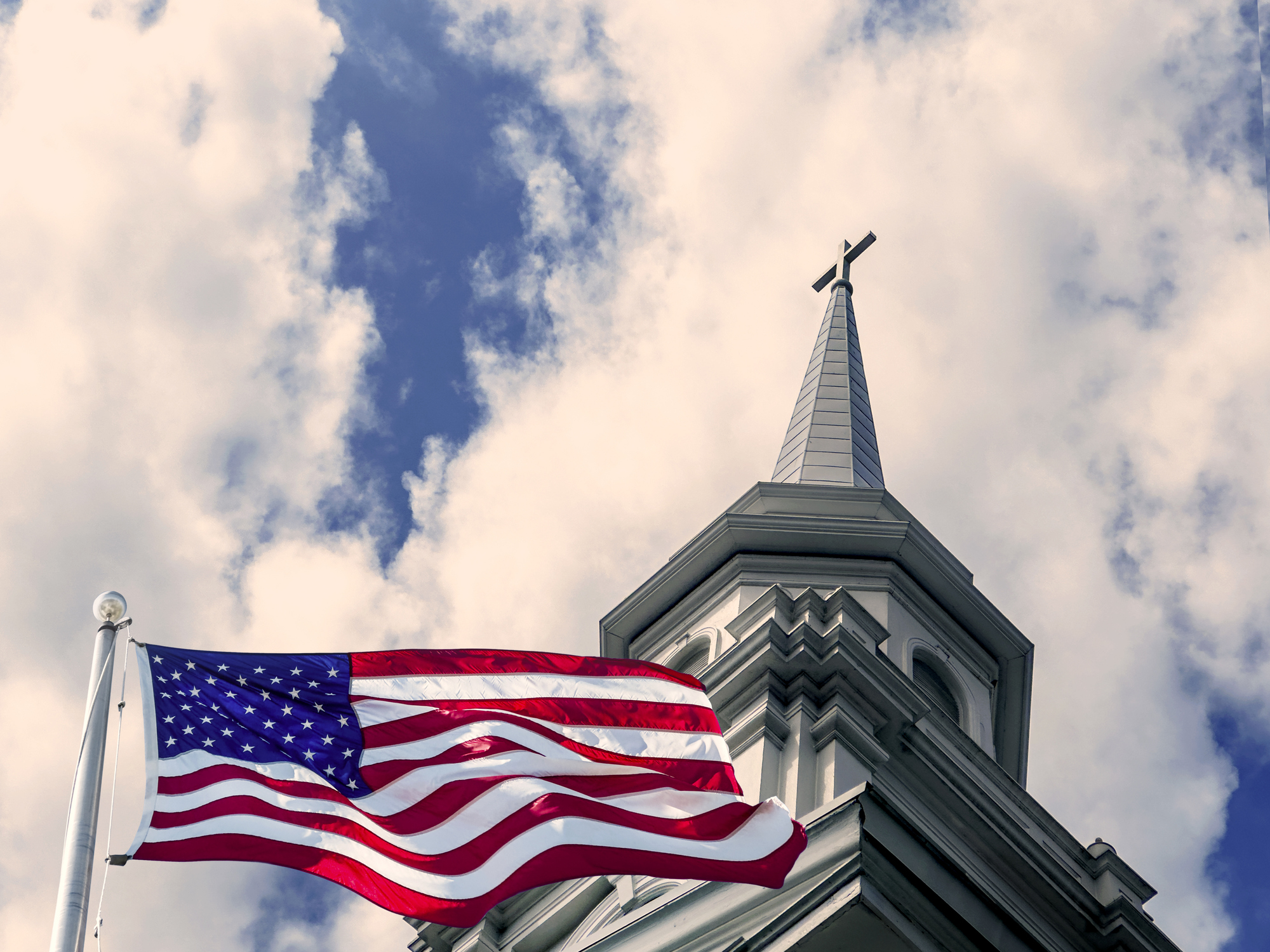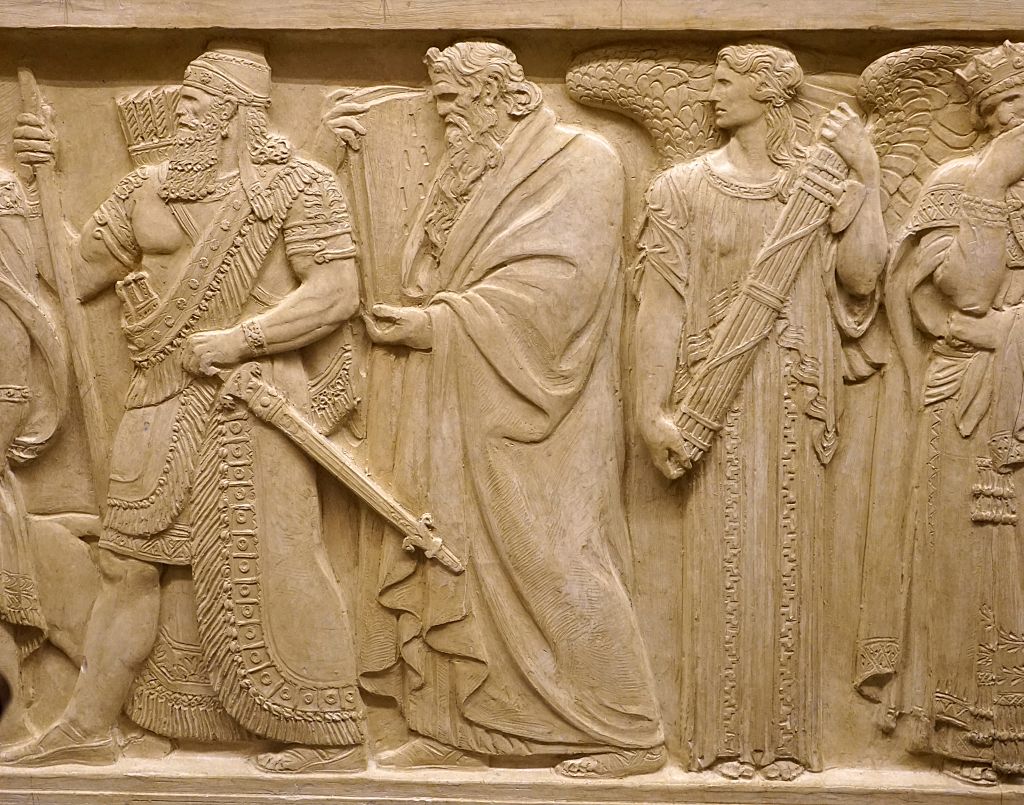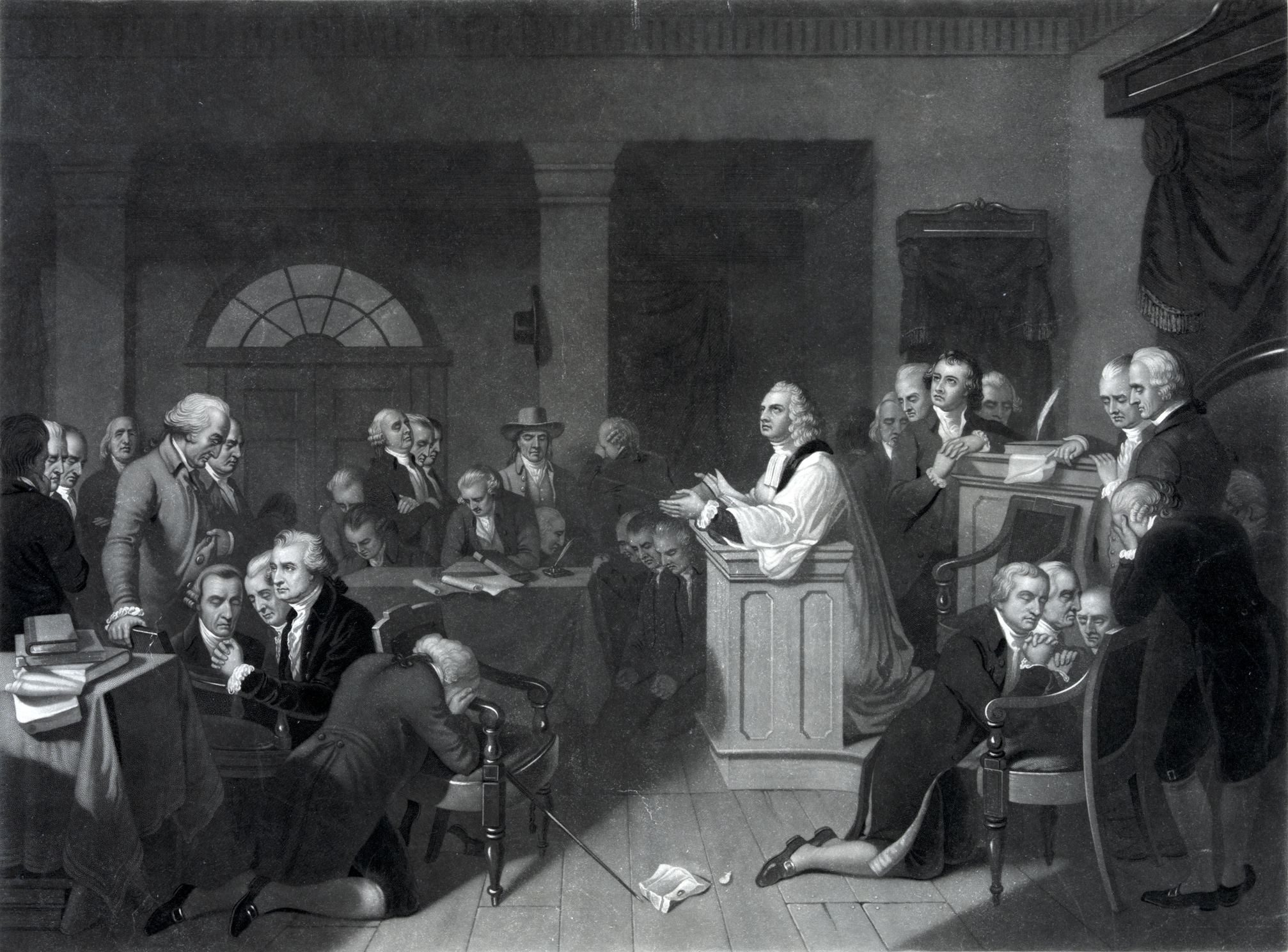Christians need to find the will to act.
Nationalism Isn’t American

We need a revival that remains in keeping with our history and symbols.
Before we can talk about Christian nationalism, we first have to talk about nationalism. As many people conclude that something has gone fundamentally wrong in America, nationalism is just one of the proposed solutions. Christian nationalism is a variant of that.
Catholic integralism is another variation on this same theme. Others promote “post-liberalism.” The Left, of course, wants some kind of socialism. Some call for an American Pinochet. Some people on the dissident Right even flirt with discredited continental political philosophies.
While it is understandable that people want to see America change for the better, these approaches won’t work because they are foreign to the American political and cultural tradition.
America is not a “nation” in the European sense. Nationalism was a 19th-century European state-building movement. It was about constructing national identities out of the people in various estates and villages who spoke different dialects of the same language. America, on the other hand, is a continental empire—even if, like “nationalism,” “empire” is another word we would not use to describe ourselves. Manifest destiny was not about forming a nation out of a pre-existing sub-region with a shared history but about conquering and taming the West. America has always been something of a protean nation: restless, forward-looking, growth-oriented, constantly churning, changing and building. This makes it a bad fit for the imposition of some static concept of “nationhood.”
This is why “nationalism” is not a word that Americans have traditionally used to describe what they want for their country, even in the halcyon days of the 1980s. Even if the content of something like nationalism is said to be what Americans have always believed, the word itself is a foreign symbol. It doesn’t compute for most Americans.
As Georgetown professor Joshua Mitchell has shown, wokeness shot rapidly through American culture because it exploited Protestant religious themes that are embedded deep in our public consciousness, whereas Marxism never got traction because concepts like “class” don’t resonate in America. Opponents of wokeness should learn from this: the language and symbols we adopt will have to resonate with Americans’ own self-understanding.
Part of the appeal of movements like nationalism is that they seem to provide the opportunity for a reset or refresh of America’s governance structure and institutions. This is something that we obviously need, as clearly many things are not going well in our country. But there’s no need to look outside the American political tradition for that.
Repeatedly throughout American history, in times of crisis, our leaders have managed to take extraordinary action when necessary and to refresh our institutions to address new challenges. Lincoln did so during the Civil War. Teddy Roosevelt did so with his trust busting, as did FDR with the New Deal. The “wise men” who built the postwar institutions and Western security architecture were operating in this same mode.
Whatever our challenges are today, they are certainly less serious than those of the Civil War or Great Depression. And whatever major changes we need to make in our political economy, security strategy, or anything else lies completely within our own political and cultural heritage.
Here are just a few examples of historic actions that could also be relevant to what some people today advocate: dramatically curtailing immigration, large scale deportations of foreign nationals (as implemented by Eisenhower), a policy of protection toward domestic manufacturing (a policy as old as the republic), avoiding “foreign entanglements,” a.k.a. “America First,” breaking up large and market-dominant corporations, and punitive taxation of high-income earners. And, of course, just as in the past, we can choose completely new restructurings as well, such as sunsetting all public foundations. These may or may not be wise choices today, but they are fully within the repertoire of historic American policy choices.
A big problem we face today is that we have not made use of these authentically American ways to refresh our institutions. Our leaders have essentially doubled down on patching up the existing model that was created out of the Depression and postwar era, even as their limits and lack of suitability to today’s world become increasingly apparent.
We need to draw on these historic American approaches as examples in getting our country fit for the 21st century. What we need today, perhaps, is a modern-day FDR—a thoroughly American character who built solutions that would appeal to the people of this country.
Woke politicians have sometimes attempted to attach their approaches to these historic symbols. This is why they call it the “Green New Deal,” for example. But for the most part, the American Left today is dedicated to not just abandoning, but actively denigrating the historic symbols and themes of the United States.
This leaves a big opportunity for the Right in America to affirm the authentic cultural and political traditions of our country, and to actively embrace the historic symbols and themes of our nation. This can very much include Christianity, which has been central to the culture and way of life in America for 400 years.
But terms like “nationalism” or “Christian nationalism” join the Left in abandoning these historic symbols in favor of ones that don’t resonate. So I believe it is a mistake to embrace this and other such language. The authentic American cultural and political tradition provides us all the resources we need to meet the challenges of today.
The American Mind presents a range of perspectives. Views are writers’ own and do not necessarily represent those of The Claremont Institute.
The American Mind is a publication of the Claremont Institute, a non-profit 501(c)(3) organization, dedicated to restoring the principles of the American Founding to their rightful, preeminent authority in our national life. Interested in supporting our work? Gifts to the Claremont Institute are tax-deductible.
It’s far more than the latest ad hoc term for everything the regime despises.
Christian nationalism is a long overdue attempt to revive American’s political and cultural heritage.
It takes more than online wishcasting to win elections.
Some labels are just about chasing normal people out of the polite mainstream.
A time for choosing.






